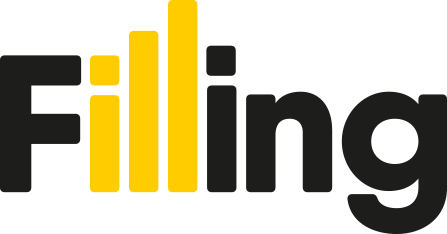Why Emotional Intelligence Beats Technical Skills Every Bloody Time
Most successful executives I know aren’t technical geniuses. They had something way more powerful: the ability to connect with others.
After over a decade advising Melbourne’s major players, I’ve seen genius-level accountants crash and burn because they couldn’t cope with the human side of business. Meanwhile, mediocre talents with high emotional intelligence keep climbing the ladder.
What absolutely frustrates me: companies still hire based on formal education first, emotional intelligence second. Absolutely mistaken approach.
The Real World Reality
Just weeks ago, I watched a senior manager at a significant business completely torpedo a crucial client presentation. Not because of poor data. Because they couldn’t pick up on social cues.
The client was noticeably anxious about money concerns. Instead of acknowledging this emotional undercurrent, our manager kept focusing on technical specifications. Train wreck.
Innovative firms like Atlassian and Canva have figured this out. They put first emotional intelligence in their talent acquisition. Results speak for themselves.
The Four Pillars That Actually Matter
Self-Awareness
So many employees operate on unconscious patterns. They don’t understand how their internal reactions influence their decision-making.
Let me be honest: Five years ago, I was utterly blind to my own emotional triggers. High demands made me impatient. Took some hard truths from my team to get through to me.
Social Awareness
This is the area where many specialists struggle. They can understand spreadsheets but can’t tell when their colleague is having a rough day.
Speaking frankly, about two-thirds of professional disputes could be stopped if people just tuned into non-verbal cues.
Self-Management
Being able to stay calm under pressure. Not hiding emotions, but managing them effectively.
Watched firsthand C-level leaders fall apart completely during challenging circumstances. Future damaging. Meanwhile, emotionally aware managers use pressure as fuel.
Relationship Management
This is what sets apart good managers from exceptional leaders. Establishing rapport, handling disagreements, getting the best from others.
Companies like Commonwealth Bank spend big into enhancing these skills in their senior staff. Wise investment.
The Uncomfortable Truth
Professional qualifications get you started. Emotional intelligence gets you advanced. Simple as that.
I’m not saying that professional knowledge doesn’t matter. Of course it does. But once you reach leadership roles, it’s all about relationships.
Consider this: Most of your work problems are purely technical? Perhaps a quarter. The rest is people stuff: managing egos, getting buy-in, motivating teams.
The Australian Advantage
Our culture have inherent skills when it comes to emotional intelligence. The way we communicate can be incredibly useful in corporate environments. Typically we avoid play political games.
But this creates problems: sometimes our directness can come across as lack of empathy. Developing the ability to adjust our approach without losing authenticity is essential.
Darwin companies I’ve worked with often find it challenging with this middle ground. Overly blunt and you create conflict. Overly diplomatic and nothing gets done.
Where Most People Get It Wrong
Major error I see: believing emotional intelligence is touchy-feely stuff. Total misconception. It’s bottom-line impact.
Businesses with emotionally intelligent teams show better financial performance. Research shows results get better by up to 25% when emotional intelligence improve.
Second major mistake: confusing emotional intelligence with being nice. Complete nonsense. Frequently emotional intelligence means confronting issues head-on. But doing it with awareness.
The Action Plan
Stop making excuses. When you’re finding difficulty in people, it’s not because everyone else is unreasonable. It’s because your emotional intelligence needs work.
First step is brutal self-honesty. Seek opinions from trusted colleagues. Skip the excuses. Just take it in.
Next, work on understanding non-verbal communication. Notice facial expressions. What’s their really expressing?
Bottom line: emotional intelligence is learnable. Unlike IQ, which is mostly unchangeable, emotional intelligence develops with practice.
The businesses that figure this out will dominate. Companies that miss this will fail.
Your choice.
If you have any thoughts about in which and how to use emotional intelligence management skills, you can speak to us at the page.
